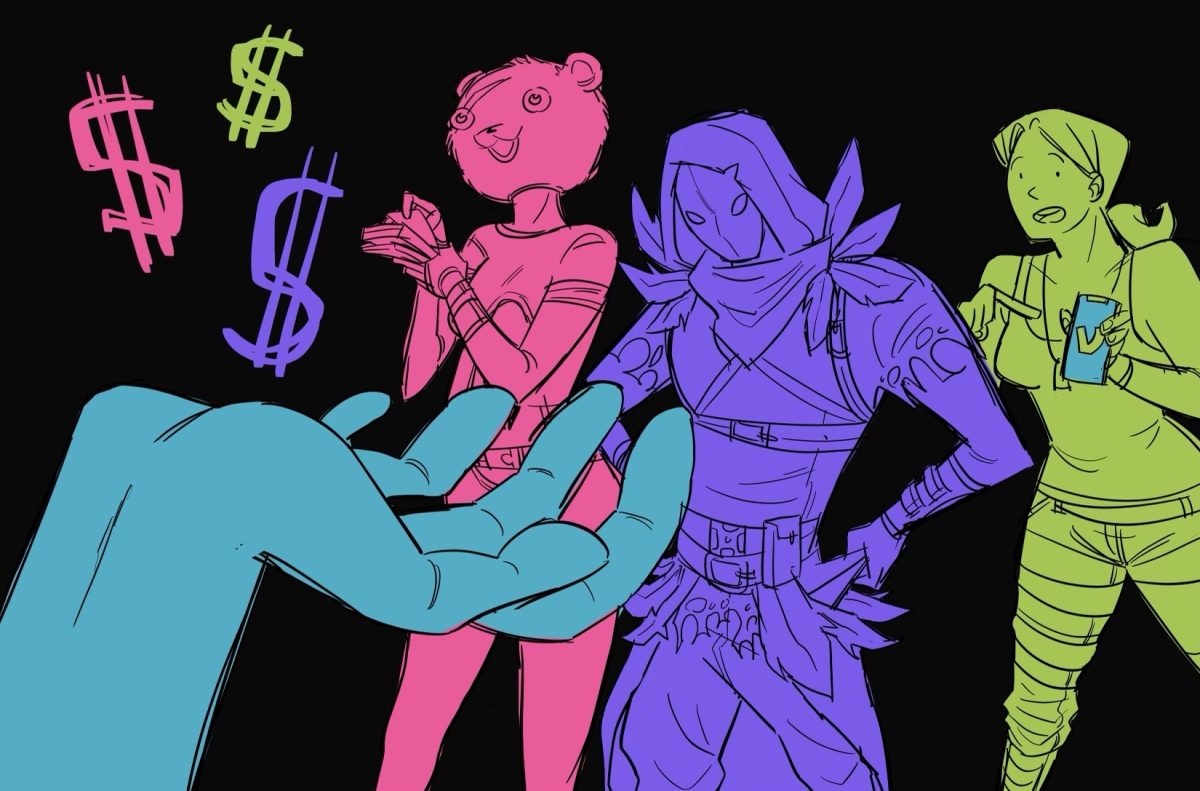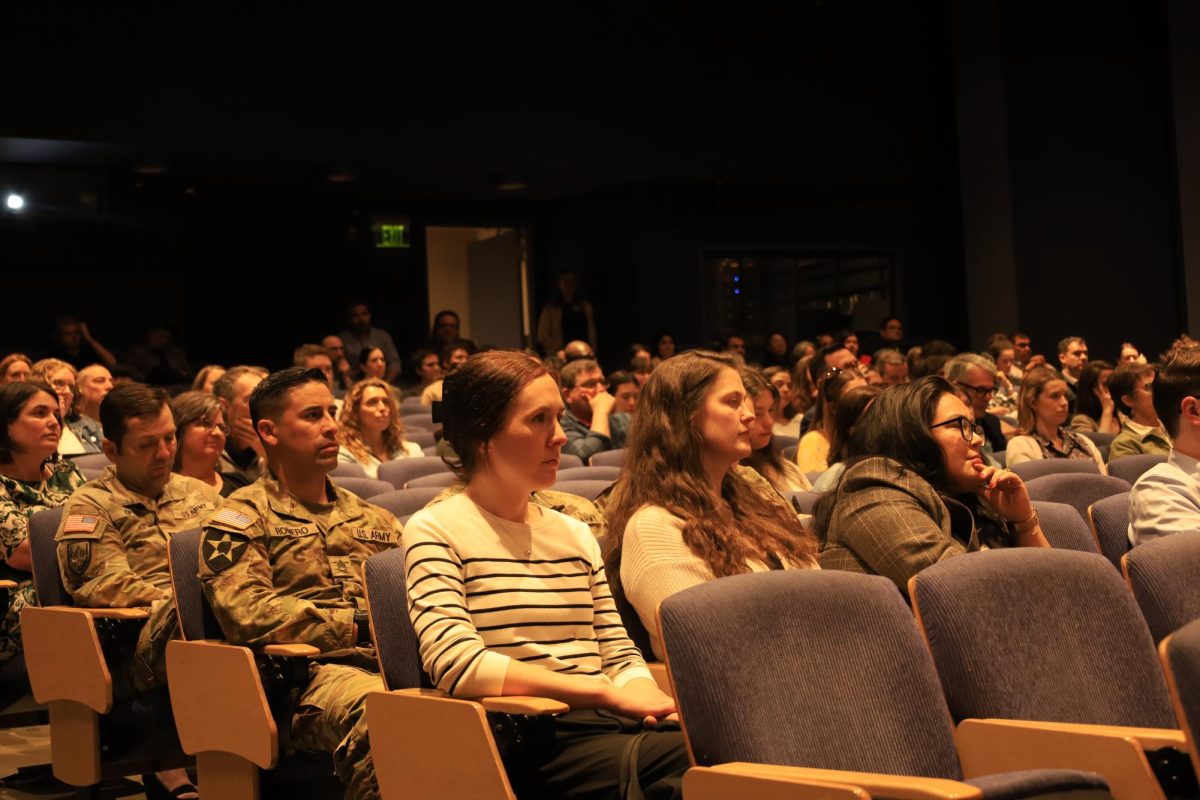The battle royale game Fortnite, owned by Epic Games, made a huge impression on the gaming community when it was released in 2017. With over 239 million monthly players, it quickly became one of the most played video games in America.
Although the number of people that play Fortnite has decreased over the years, it is still very popular, especially to the younger gaming community. As the most common demographic of Fortnite includes players under the age of 18, there are protective laws in place to prevent young players from making purchases without permission from a parent or legal guardian.
But Epic Games has recently found themselves in turmoil concerning the unlawful charging of young players.
After being accused of charging players unknowingly, using new design tricks, they are forced to refund over $245 million to more than 37 million players. Epic Games is being accused of using dark patterns— a term used by prosecutors– to trick players of all ages to make unwanted purchases.
This recent discovery has caused alarm in not only the gaming community, but also the U.S. government. The Federal Trade Commission is currently working on new strategies to regulate gaming platforms in the future.
Long-time Fortnite player, Second-year Creative Writing Major William Sundquist is not surprised at all by the allegations.
“I have long felt that gaming companies have put money and profit over the actual customer experience and I’m not terribly surprised that they would try to do a corrupt marketing scheme.” Sunquist said.
Many Fortnite players are not taken aback by the actions of Epic Games, alleging that the current situation was inevitable due to such a young population of the gamer community being minors.
Players were further alarmed to find their accounts were locked during the process to disputed charges. Many customers are disappointed that Fortnite would blatantly ignore their refund requests and then deny them the ability to continue playing the game.
Michael Albert, the president of Seattle University Esports and Gaming, spoke on the issue.
“I will admit I always thought Fortnite or at least Epic Games was a bit scummy with how they do the whole shop thing. But at the same time, they messed up and goofed because they were selling items that players did not even want to get in the first place and that’s what they were given. It’s kind of like scamming in real life but it’s a AAA company so that is kind of a big deal and that’s why it’s a lot of money,” Albert said.
Although not dumbfounded, Albert is disappointed in the company as a whole, especially because the majority of their players are young. Members of the gaming community feel that Epic Games took advantage of this.
Amid the recent allegations and the court settlement, Fortnite continues to be a popular game among youth in America. Therefore, Epic Games has lost the support of its consumers.
“I can say that I have no intention of ever purchasing anything from that company because I do not believe in supporting it that way,” Sundquist said.
Second-year Business Management Major Victoria Ometu spoke to if she would continue to play Fortnite. Even after finding out about the unlawful charging of consumers, some students in Seattle U’s gaming community will continue to play Fortnite, including Ometu.
“Yes, I just won’t spend money,” Ometu said.
Players and parents are hopeful that Fortnite and other games owned by Epic Games will not continue to unlawfully charge underage players for in-game benefits. Although unforeseen, it is important for gaming companies such as Epic Games to be confronted with illegal and unethical activity. Epic Games has since made a public statement admitting guilt and agreeing to the fact that they misled millions of young players, including children and teens into making unintended purchases which violated a landmark federal Children’s Online Privacy Act.








